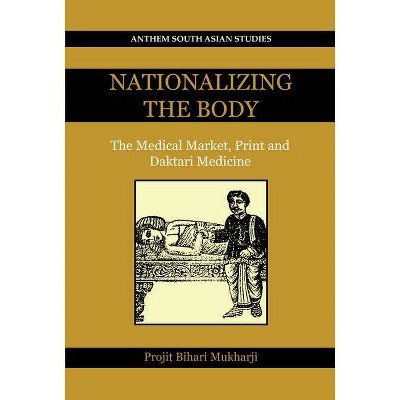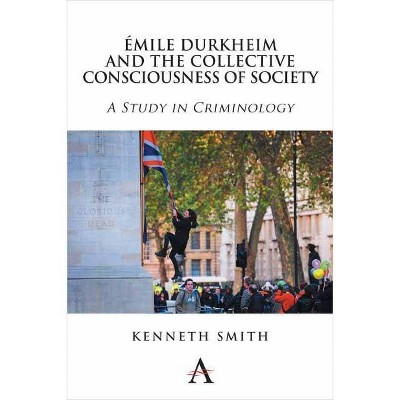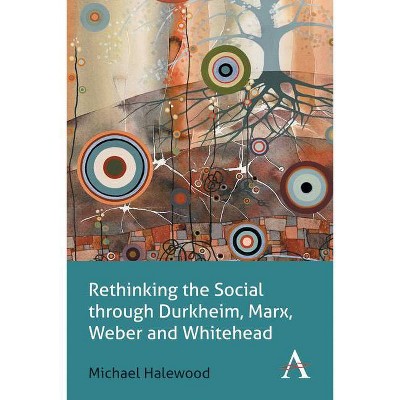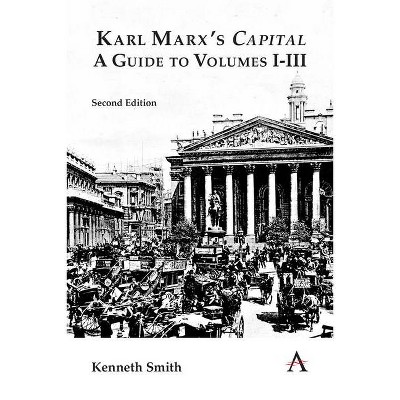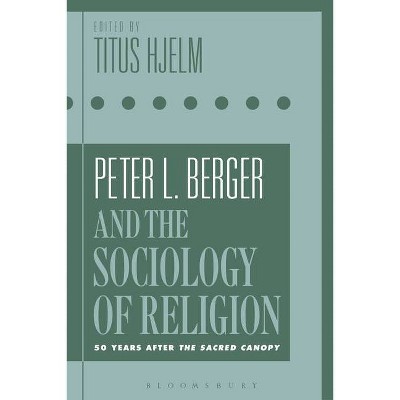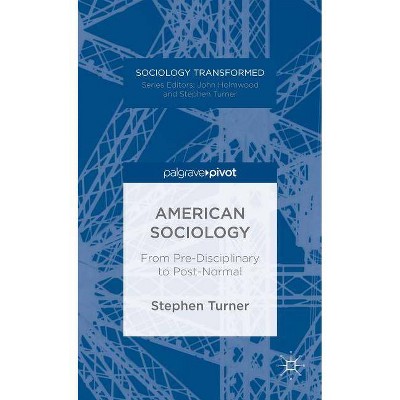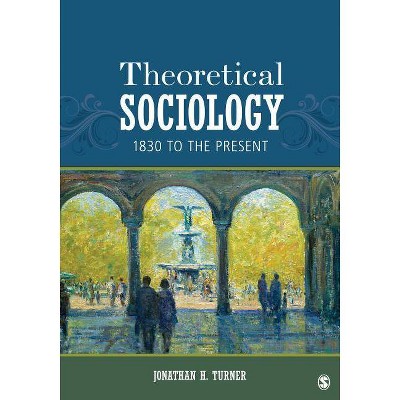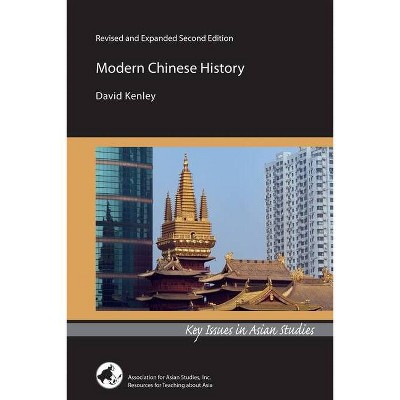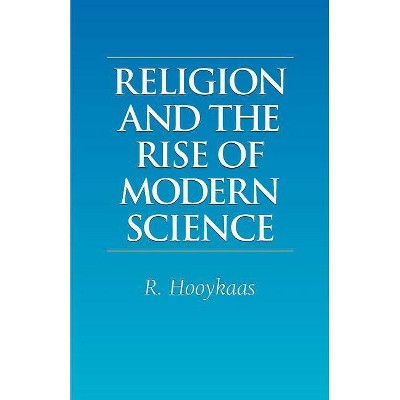Religion and the State - (Key Issues in Modern Sociology) by Jack Barbalet & Adam Possamai & Bryan S Turner (Paperback)
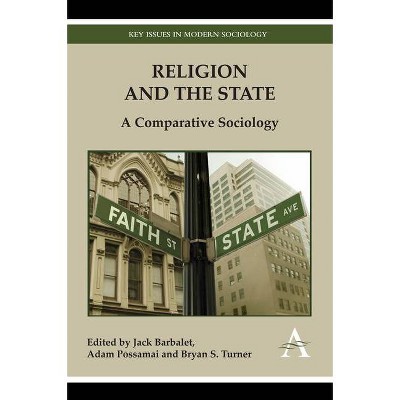
Similar Products
Products of same category from the store
AllProduct info
<p/><br></br><p><b> About the Book </b></p></br></br><p>This volume explores key issues in the modern tensions between state and religions by exploring a number of case studies from around the world.</p><p/><br></br><p><b> Book Synopsis </b></p></br></br><p>This volume addresses a central problem of contemporary states, namely how to manage the eruption of public religions. While the liberal framework formerly regarded religion as simply a matter of private practice and conscience, in modern states religion has often come to challenge the so-called Westphalian model of church-state relations, and has brought into question many liberal notions of secularism and tolerance. There is much discussion about post-secular society in which religion has to be taken seriously in public affairs. This collection of case studies - looking at Turkey, Singapore, India, China, Britain, Europe and the United States - explores a number of examples in which the state exercises some degree of management of religion, thereby bringing into question the traditional separation of religion and state. This study also attempts to refine the notion of secularization by examining this process in terms of political arrangements (church-state relations) and the role of religion in everyday life. Ultimately, this study reveals that there is no uniform or standard pattern of secularization in modern societies.</p><p/><br></br><p><b> Review Quotes </b></p></br></br><br><p>'[A]n extraordinary voyage into Anglo-European social theory and research.' --Arthur W. Frank, 'Canadian Journal of Sociology'</p><br><br><p>'Edited by three sociologists and comprised of essays from a distinguished group of social scientists, 'Religion and the State' considers the uniquely modern frictions between politics, economics, and traditional faiths. Far from a simplistic exploration of secularisation [...] The tensions of religious liberty and religious conviction are familiar, yet the authors of this volume consistently urge us to stop seeing the secular and the religious as distinct realms. [...] A giant step toward greater sophistication is found through evidence provided here.' --Gerardo Marti, 'LSE Review of Books' blog</p><br><br><p>'Insightful and wide-ranging [...] The present volume is particularly noteworthy for both breadth and depth. It does not only provide data from Europe, the US, the formerly Communist parts of Europe, China, India, Singapore, Israel, Turkey, Australia, and so on. It uses these data to think more deeply about how religions and states interact in the late modern world. [...] In short, this volume is rich and worth attention.' --James V. Spickard, 'Journal of Contemporary Religion'</p><br><br><p>'This volume offers a mosaic of case studies that challenge classical visions of religion and call for new methodology and concepts that will allow a better grasp of the role of religion(s) in contemporary societies and its interactions with the state. Though most of the authors are sociologists, the problems discussed in this volume address a wider audience, including scholars, specialists and graduates who study religion from the perspectives of law, politics, history and culture.' --Daniela Kalkandjieva, 'Politics, Religion & Ideology'</p><br><p/><br></br><p><b> About the Author </b></p></br></br><p>Jack Barbalet is Professor of Sociology and Head of the Department of Sociology at Hong Kong Baptist University.</p> <p>Adam Possamai is Associate Professor in Sociology at the University of Western Sydney and President of the Research Committee on Religion at the International Sociological Association.</p> <p>Bryan S. Turner is the Presidential Professor of Sociology at the Graduate Center, City University of New York, and Director of the Centre for the Study of Contemporary Muslim Societies, University of Western Sydney. <br /> <br /> </p>
Price History
Price Archive shows prices from various stores, lets you see history and find the cheapest. There is no actual sale on the website. For all support, inquiry and suggestion messages communication@pricearchive.us
